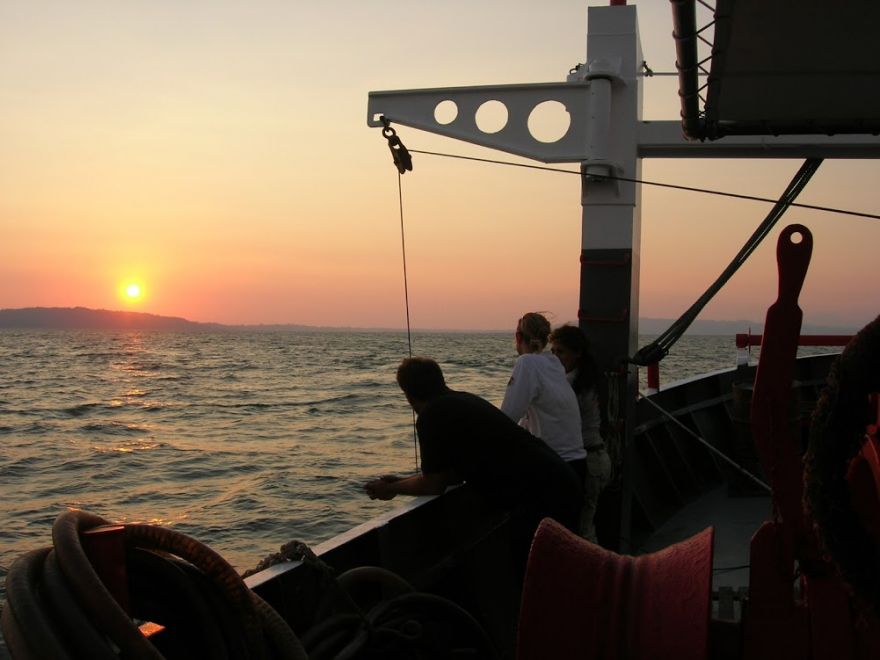EMSO-Link, a new project financed by the European Commission (€ 4.3 million) as part of the Horizon 2020 roadmap for the research infrastructures, has kicked off on 28-29 March in Rome. The project is underpinning the long-term sustainability of EMSO ERIC, the pan-European distributed Research Infrastructure composed of fixed point open ocean observatories for studying and monitoring the European seas.
EMSO-Link is leaded by EMSO ERIC – the European Research Infrastructure Consortium charged of the management of the European Multidisciplinary Seafloor and water column Observatory – and is aimed at accelerating the organization and full operation of the consortium as the central hub coordinating EMSO fixed-point open ocean observatories, including physical and virtual access to observatories and data.
The project’s ambition is also to consolidate and expand the current EMSO ERIC membership involving other countries and their respective marine science communities, and to enhance the relations with sister marine initiatives and counterpart/complementary Research Infrastructures.
EMSO-Link is also addressed to increase stakeholders (e.g., marine operators, industry, academia, universities and marine experts) active engagement through a number of awareness raising campaigns.
EMSO-Link will also strengthen the EMSO ERIC contribution to the European economic growth and innovation through the implementation of a powerful marine technologies Innovation Platform serving and cooperating with Industry and Small Medium Enterprises.
The EMSO-Link kickoff meeting took place in Rome (Italy), at Hotel Villa Eur, 28-29 March 2017.
EMSO is a large scale European Research Infrastructure in the field of environmental sciences. It was founded according to the Roadmap of the European Strategy Forum on Research Infrastructures (ESFRI) and comprises a European-scale complex system of systems made up with open ocean observatories for long-term monitoring, also in real time, of environmental processes related to the interaction between the geosphere, biosphere, and hydrosphere. It is presently composed of eleven deep-seafloor observatories and four shallow water test sites deployed in specific sites around European waters, from the Arctic through the Atlantic and the Mediterranean to the Black Sea, thus forming a widely distributed pan-European infrastructure.
The EMSO ERIC (European Research Infrastructure Consortium) is the European institution steering the infrastructure of seafloor observatories. The ERIC shall coordinate the provision of services to various stakeholders, supplying power, communications, sensors, and data infrastructure for continuous, high-resolution, (near-)real-time, interactive ocean observations across a multidisciplinary and interdisciplinary range of research areas including biology, geology, chemistry, physics, engineering, and computer science, from polar to subtropical environments, through the water column down to the abyss. EMSO ERIC members are: Italy (hosting the ERIC legal head-office), France, Spain, United Kingdom, Ireland, Greece, Portugal, and Romania.


